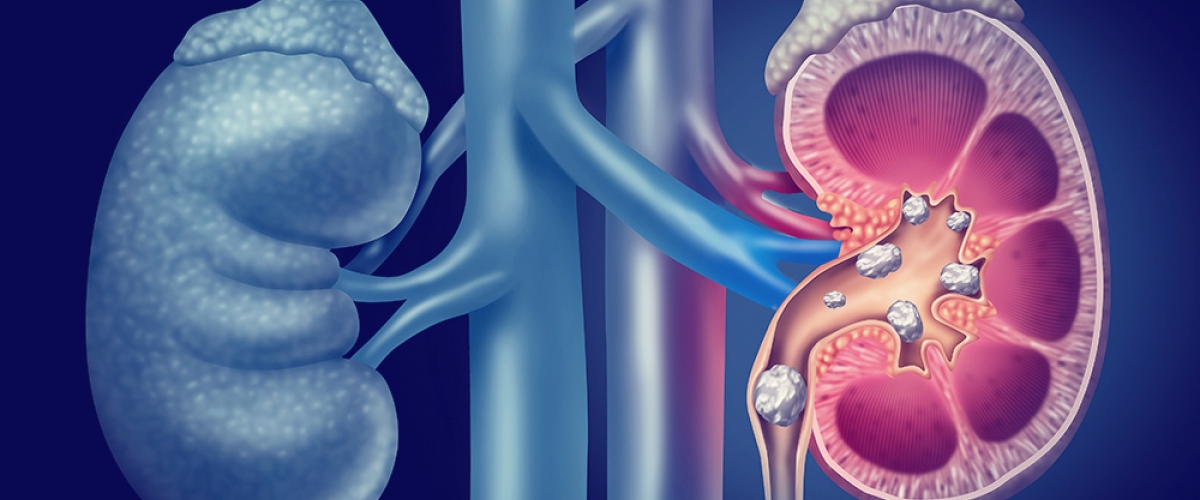Jane Hutchens and Emma Sutherland unpack the importance of recognising the implications of maternal cardiovascular health.
In the age of nutrigenomics, further evidence is coming to light that suggests a greater need for omega-3 supplementation in individuals with certain single nucleotide polymorphisms (SNPs), as revealed in DNA testing.
A low intake of omega-3 fatty acids may be a contributing factor in the increased incidence of inflammatory diseases around the globe.
Often, kidney stone sufferers are told what to avoid.. but are they being screened for simple nutrient deficiencies - and which are the most important?
In Part 2, Brad and Andrew dive into the key evidence-based interventions for cardiometabolic syndrome.
Dietary modification is an important preventative strategy used to reduce the incidence of dyslipidaemia; a major risk factor for coronary heart disease (CHD) and when managed properly, has also been shown to reduce the incidence of cardiovascular disease (CVD)
Magnesium is famed for its widespread health benefits, with one particular form, magnesium orotate, thoroughly researched as an unequivocal therapeutic for cardiovascular health.[1] Magnesium orotate’s application in this area may reduce the risk of various conditions ranging from mitral valve prolapse (MVP) to tachycardia and hypertension, according to a recent meta-analysis.
Hyperhomocysteinaemia may arise from genetic defects of several enzymes involved in homocysteine metabolism including MTHFR, MTR and CBS.













